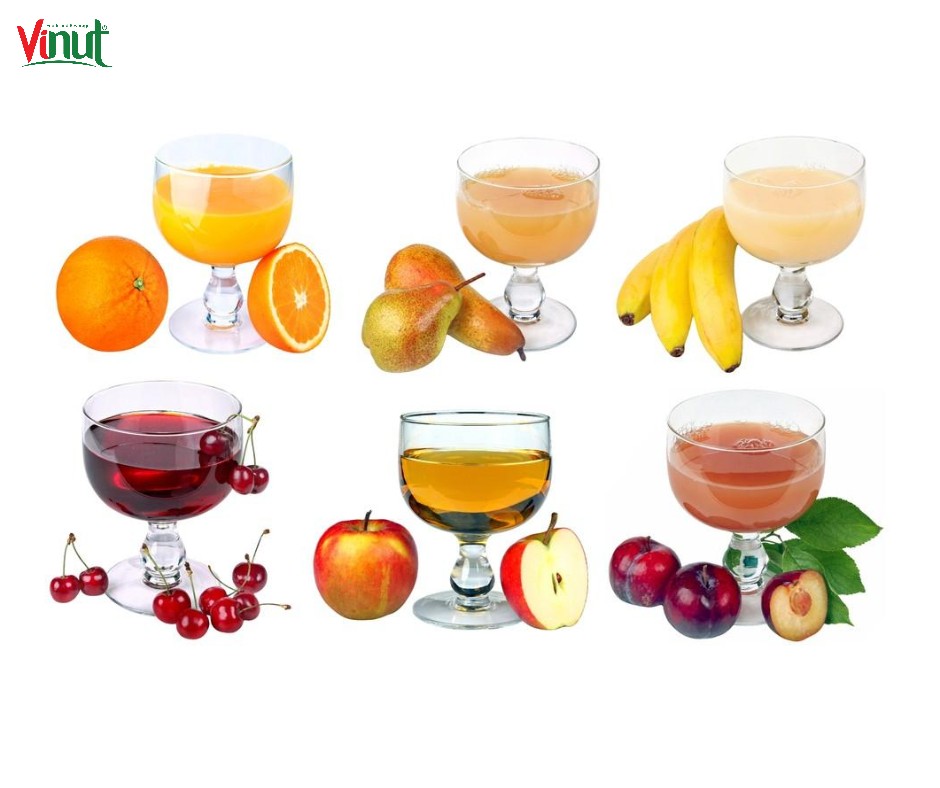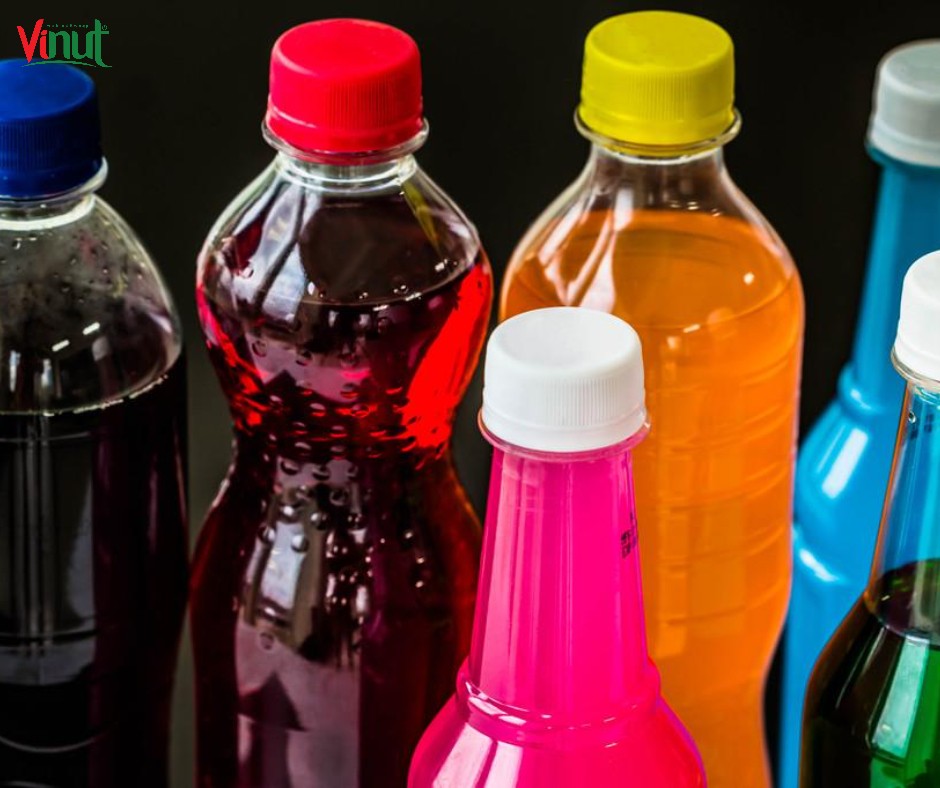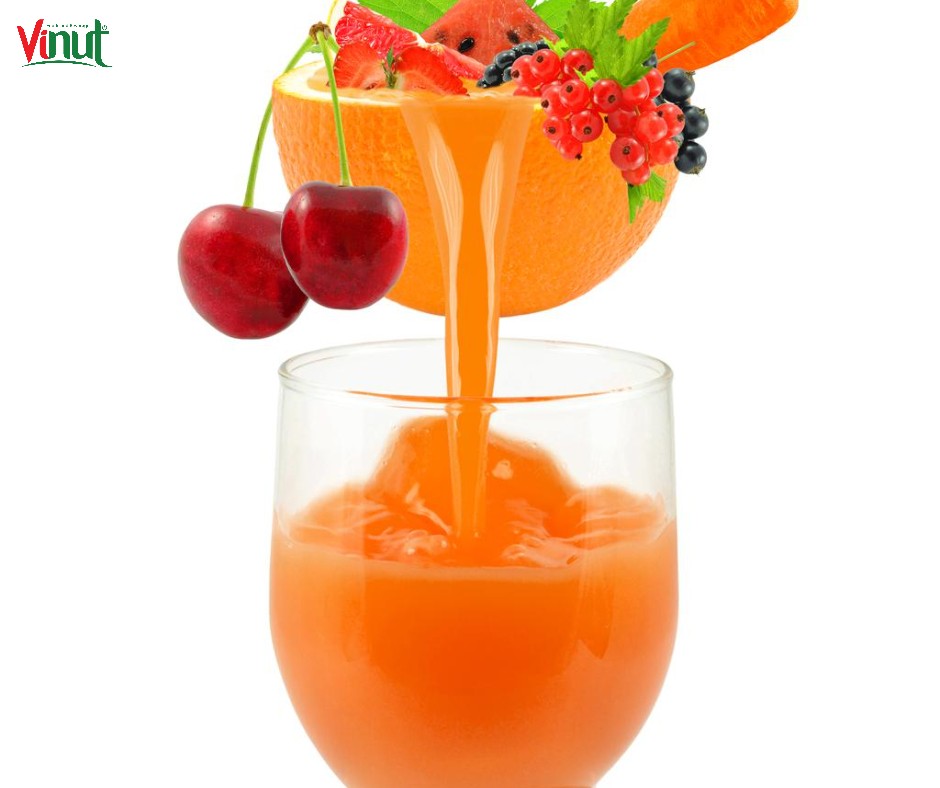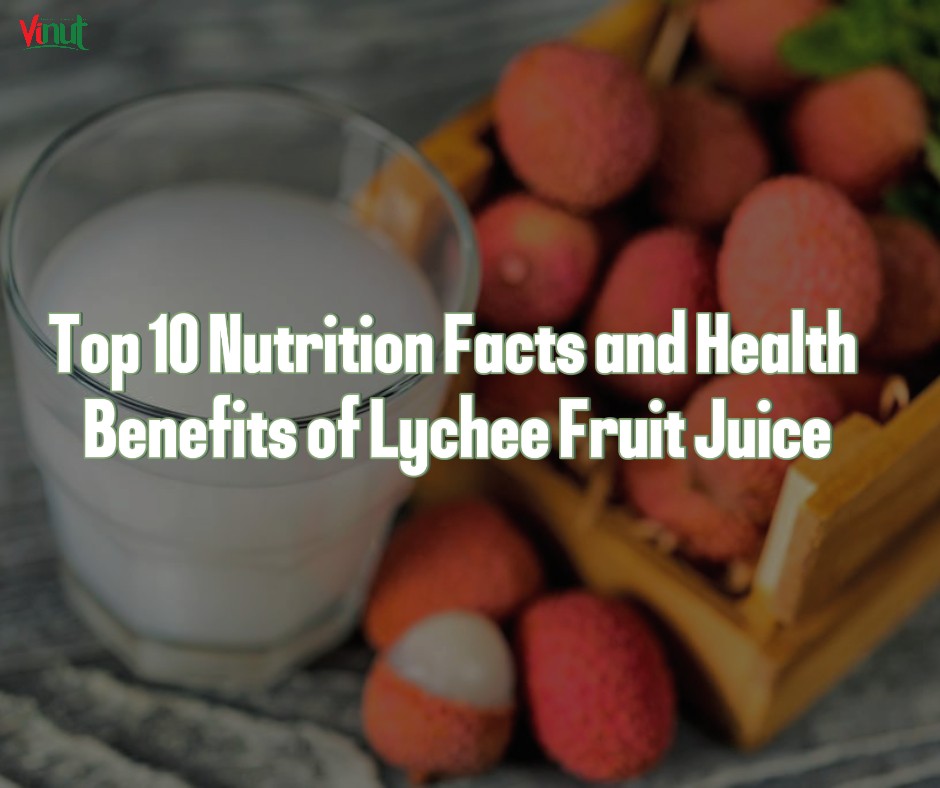
News
Fruit Juice vs. Soda: Decoding the Health Quotient

In a world where beverage choices abound, the age-old debate between fruit juice and soda continues to spark discussions. Both have their loyal fan base, but when it comes to health, which one takes the crown? Let’s cojo cojo delve into the attributes of fruit juice and soda, unraveling the nuances of these popular drinks.

Understanding Fruit Juice
Fruit juice has long been associated with natural goodness, often perceived as a healthier alternative to sodas. Extracted from fruits, these juices carry the essence of vitamins, minerals, and antioxidants present in the original fruits. The allure of a refreshing glass of orange, apple, or grape juice seems irresistible, promising a burst of natural sweetness and nutrients.
Pros of Fruit Juice:
- Nutrient-rich: Fruit juices contain essential vitamins and minerals derived from the fruits, contributing to overall well-being.
- Antioxidant Power: The presence of antioxidants aids in fighting oxidative stress and supports a healthy immune system.
- Natural Sugars: While fruit juices do contain sugars, they are naturally occurring, often perceived as a better option than added sugars found in sodas.
Cons of Fruit Juice:
- Calorie Content: Fruit juices can be calorie-dense, especially if consumed in large quantities, potentially contributing to weight gain.
- Sugar Content: Though natural, the sugar content in fruit juices can be high, impacting blood sugar levels.
- Lack of Fiber: Juicing removes the fiber present in whole fruits, which plays a crucial role in digestion and satiety.

Soda: The Fizzy Temptation
On the other side of the spectrum, we have soda, often criticized for its high sugar content and lack of nutritional value. Sodas, with their effervescence and wide array of flavors, have become a go-to choice for those seeking a quick and bubbly refreshment.
Pros of Soda:
- Convenience: Sodas are readily available, convenient, and often served in larger portions.
- Variety of Flavors: The variety of soda flavors caters to diverse taste preferences, appealing to a broad audience.
- Refreshing Feel: The carbonation in sodas provides a fizzy and refreshing sensation.
Cons of Soda:
- High Sugar Content: Sodas are notorious for their high sugar content, contributing to health issues like obesity and diabetes.
- Empty Calories: Sodas often contain empty calories, offering little to no nutritional value.
- Acidic Nature: The acidity in sodas can impact dental health, eroding tooth enamel over time.

Comparing the Two: Making Informed Choices
When navigating the fruit juice vs. soda dilemma, it all boils down to informed choices. While both have their merits, being aware of their respective pros and cons empowers individuals to align their beverage choices with their health goals.
Considerations for Choosing Fruit Juice:
- Moderation is Key: Enjoy fruit juices in moderation to avoid excessive calorie and sugar intake.
- Opt for Whole Fruits: Whenever possible, choose whole fruits over juices to benefit from the fiber content.
- Read Labels: Be mindful of added sugars and opt for 100% fruit juice options without additional sweeteners.
Considerations for Choosing Soda:
- Limit Intake: Due to their high sugar and calorie content, limit soda consumption to occasional treats.
- Explore Low-Sugar Alternatives: Consider trying diet or low-sugar sodas if you crave the fizz without the excess sugar.
- Stay Hydrated: Prioritize water as the primary beverage for staying hydrated, reserving sodas for special occasions.

Conclusion: Striking a Balance
In the fruit juice vs. soda debate, the key is balance and mindfulness. Both beverages can be enjoyed responsibly as part of a varied and balanced diet. Opting for whole fruits, reading labels, and understanding individual health needs pave the way for a conscious approach to beverage choices.
FAQs
- Is drinking fruit juice every day healthy?
- Moderation is crucial. While fruit juice contains nutrients, consuming it in excess can contribute to calorie and sugar intake.
- Can diet sodas be a healthier alternative?
- Diet sodas, with reduced sugar content, can be an alternative for those seeking a fizzy drink without the high sugar load.
- Do fruit juices contribute to weight gain?
- Excessive consumption of fruit juices, given their calorie content, can contribute to weight gain. Moderation is advised.
- Are there healthier alternatives to soda and fruit juice?
- Water remains the healthiest choice for hydration. Infused water, herbal teas, and diluted fruit juices can be healthier alternatives.
- How does carbonation affect health?
- Carbonation in sodas may lead to bloating for some individuals. It’s essential to be mindful of personal tolerance levels.











